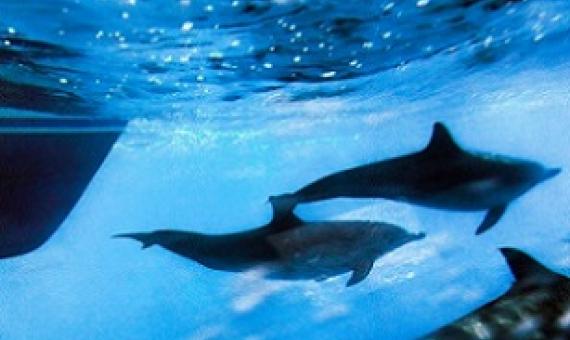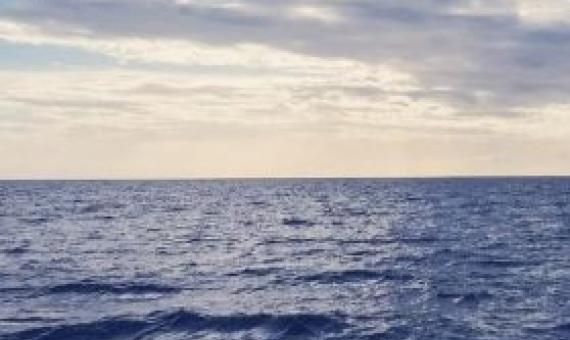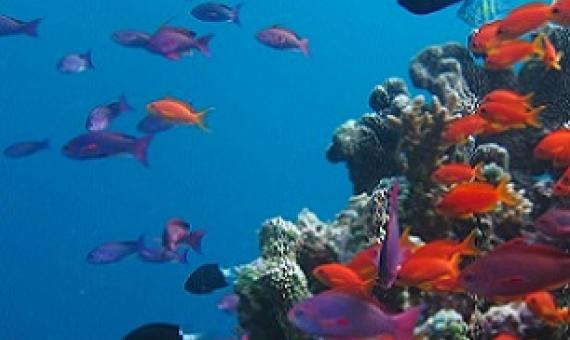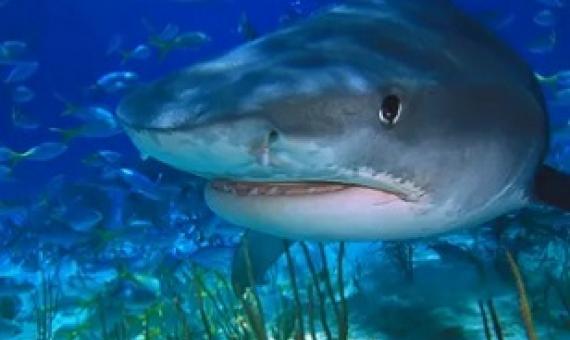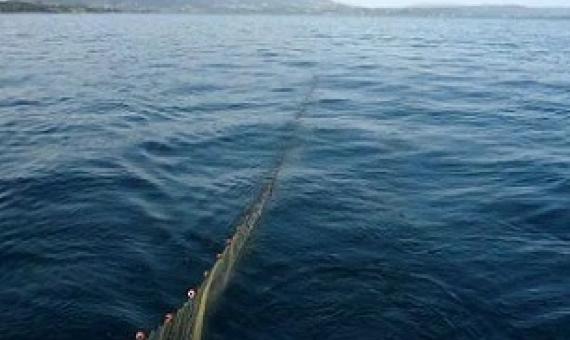The Commonwealth Secretariat has launched an online database to help member countries be aware of and access more than $170 million of international funding available for ocean-related projects...Both the website and handbook were designed specifically to support the work of the Commonwealth Blue
An international group of marine scientists have called on G7 countries to prioritize planning ocean protections at the next summit, to take place in Cornwall, England, next month.
In an effort to fight the millions of tons of marine litter floating in the ocean, Florida State University researchers have developed a new virtual tool to track this debris.
Protecting coastal “blue carbon” ecosystems like mangroves, seagrasses and salt marshes is 10 times more effective at sequestering carbon per area than terrestrial forests, and is just one ocean-based solution that can help mitigate climate change.
A new global marine initiative has been launched to protect and conserve 18 million square kilometres of the ocean (seven million square miles) over the next five years, an area larger than the continent of South America.
Earth’s oceans have been losing oxygen for decades due to global warming, and a new study suggests that these oceans will continue to do so for centuries, even if humans stopped all CO2 emissions immediately.
As we enter what's hopefully the home stretch of the COVID-19 pandemic, it's time to take stock of how it affected every aspect of our world, to consider what happened, what could be done different to avoid those problems in the future, and what's next.
The UK is to become the first country to pioneer a major network of underwater camera rigs, funding the world’s largest ocean wildlife monitoring system to help protect life below water.
Sharks are critical in helping ecosystems recover from extreme climatic events, according to a new study.
Protecting areas of ocean from destructive human activity could help prevent climate change, protect biodiversity, and at the same time increase the catch of fish, according to the most comprehensive analysis of its kind.


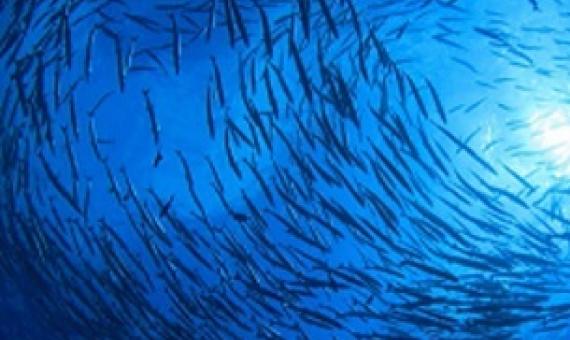
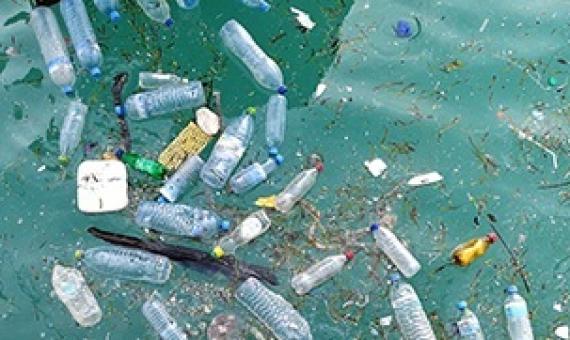
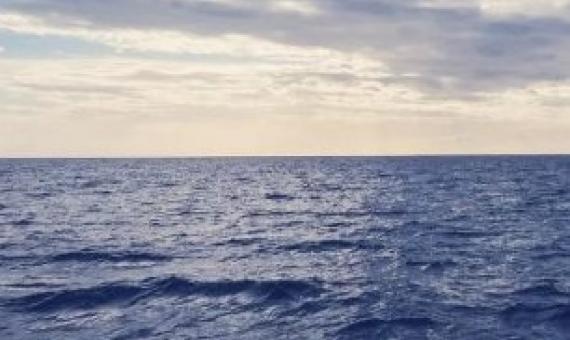
![A new initiative aims to protect vast tracts of ocean with the world's seas increasingly under pressure from people and pollution [File: Steve de Neef/Greenpeace via EPA]](/sites/default/files/styles/news_teaser/public/BlueALLIANCEpartnership_oceans.jpg?itok=1Cg7B6gA)
